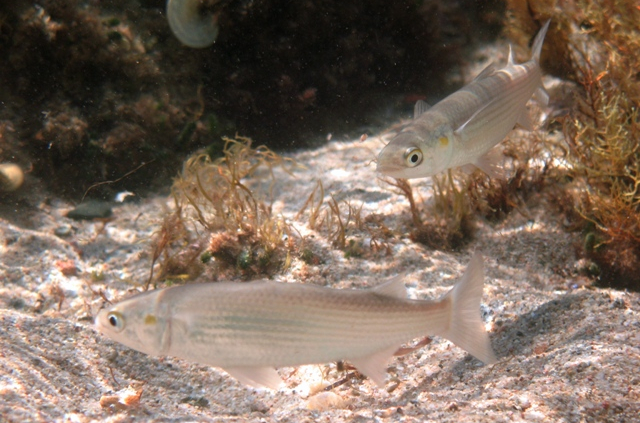Seminar by Miguel A. Tripp-Valdez – March 4th, 11:00
Miguel A. Tripp-Valdez will present his research during a seminar on monday March 4th, at 11:00 in room A215.
Effects of hypoxia and hypercapnia on thermal tolerance: an integrative assessment on the green abalone (Haliotis fulgens)
Miguel did his PhD at CIBNOR (Mexico) on the thermal tolerance and the metabolic and molecular response of green abalone (Haliotis fulgens) to hypoxia and hypercapnia. He is present at LEMAR to discuss about a potential post-doctoral project.
Effects of hypoxia and hypercapnia on thermal tolerance: an integrative assessment on the green abalone (Haliotis fulgens)






